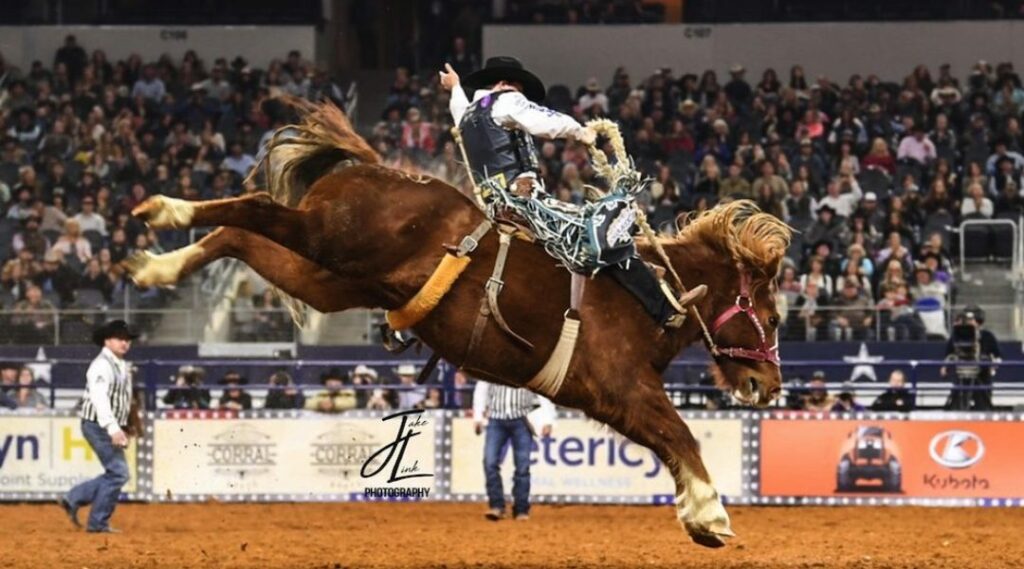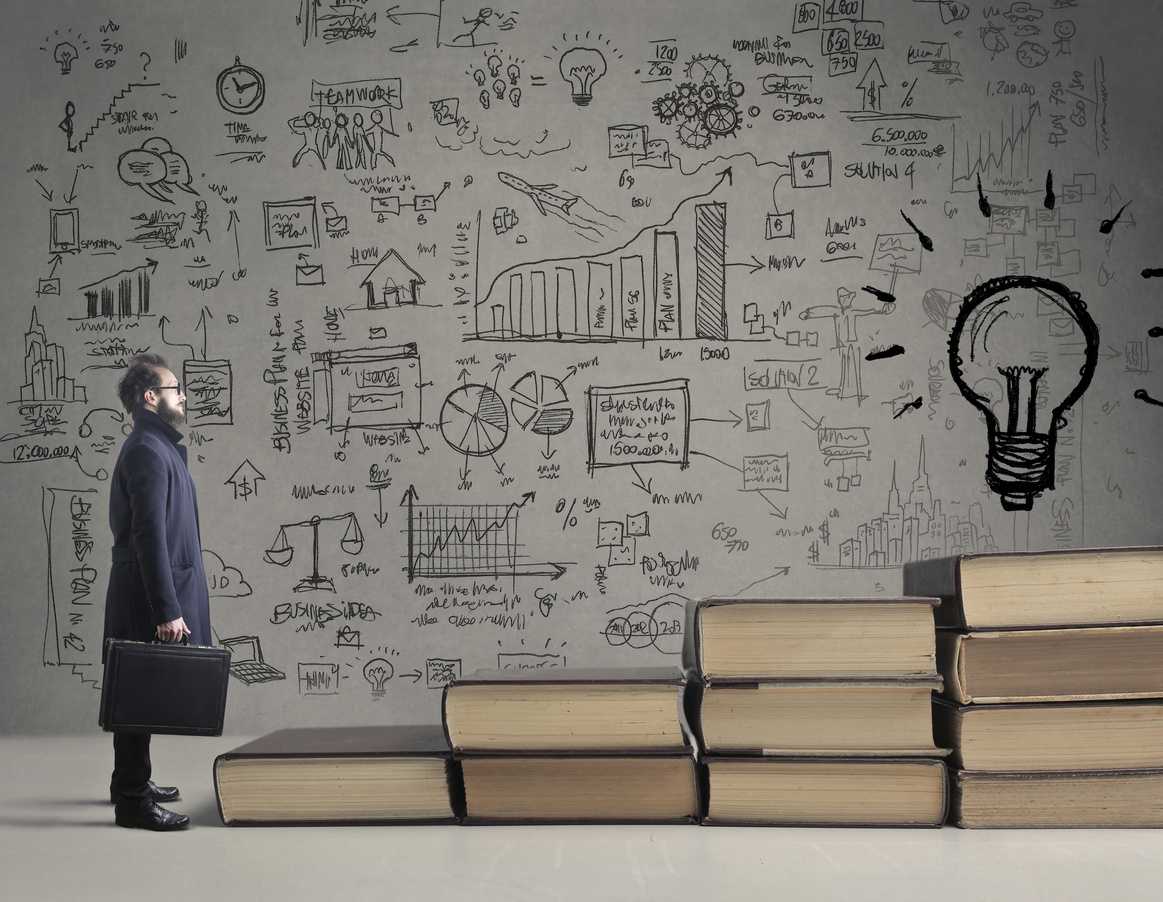I touched on the question of a knowledge base for improvisation in my last post. The question of how much knowledge one needs to have prior to improvising is a key one for me, because I am particularly interested in how we bring people into new discourse communities. For example, can a student who is just beginning to learn science or math improvise within either domain? Can an undergraduate who is learning to become a teacher improvise as they learn? Can a new employee hit the ground running, improvising their way into their job?
When I taught a course on Discourse and Improvisation for local teachers, one common expression that came up regularly was “fake it ‘til you make it.” In large part this was because the course was organized around James Paul Gee’s (1989) work on Discourse. Gee sees learning as a process of entering into and gaining facility in a new Discourse.
For example, if I have never attended a rodeo before, and my friend says, “hey, let’s go to the rodeo!”, I will have no idea how to be, how to act, how to dress, what to do when I’m at the rodeo. In common terms we associate with intelligence (but which, as this example shows, are relatively useless terms), I will seem rodeo “stupid,” while my friend appears rodeo “smart.” (Here we can see that when we think of someone as smart, it usually just means that they already know how to do what we want them to be able to do!)

Image source: https://www.cowboysindians.com/2019/06/its-all-about-rodeo/
Nonetheless, the best way for me to become rodeo “smart” is to improvise. I’ll ask my friend what to wear beforehand, let them adjust my outfit when they pick me up, and pay close attention as we spend our time at the rodeo. I’ll watch what people say, how they act, what they pay attention to, and begin, hesitantly, to try and use the language, watch the activities, become a “rodeo person.” Eventually, as I “fake it ‘til I make it,” my identity will expand. I will have added a new facet to myself, and will now “know” the Discourse of rodeo – I will be rodeo smart.
We learn by doing, by trying out, by playing around with new language, new actions, a new Discourse and identity. By improvising. We do not need to be experts. What we need is to have space to play.
The educational psychologist Lev Vygotsky described how this works back in the 1920s. Vygotsky (1978, 1991, 2004) saw play and imagination as central to learning, because play and imagination facilitate the trying on of new identities by allowing children and adolescents to act beyond their abilities. Through play we are able to try on identities that are beyond our reach, and to be both who we currently are and another person, one whom we aspire to become, or whose identity we wish to try on – so a child may play at being a teacher, or a scientist, or a historian; by practicing enacting these roles, we learn and develop as we move toward them.
Here is where we see the biggest disconnect with educational practices and how learning works. Too often, we do not give learners space to play. We give them tasks to complete, and we constantly assess them on their ability to complete those tasks successfully. Thus we reward those who already are science “smart” or writing “smart” or math “smart,” and exclude those who actually need to learn the new Discourse in which we are immersing them. We expect beginners to “fake it” perfectly, something which almost no one can do!
Here we can begin to understand the importance of failure as a central feature rather than as a bug in the learning process. There is no way to try and learn a new Discourse without failing over and over again! When I lived in Thailand, for example, cultural and linguistic differences meant that I spent two years making a fool out of myself on an almost-daily basis. And yet no one graded me on this effort, no one (other than myself) chastised me or made me feel bad about doing so, and most importantly, I was still able to work effectively, to get up each morning and do my job (primarily teaching English). I may have “failed” continually as I learned the language and culture, but I also succeeded at the same time, becoming more and more proficient at each. This is how learning works.
References
Gee, J. P. (1989). Literacy, discourse, and linguistics: Introduction. Journal of Education, 171 (1), 5-17.
Vygotsky, L. S. (1978). Mind in society: The development of higher psychological processes. Cambridge, MA: Harvard University Press.
Vygotsky, L. S. (1991). Imagination and creativity in the adolescent. Soviet Psychology, 29 (1), 73-88.
Vygotsky, L. S. (2004). Imagination and creativity in childhood. Journal of Russian and East European Psychology, 42 (1), 7-97.
